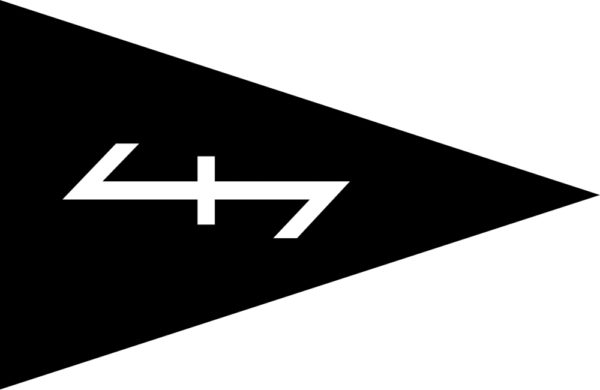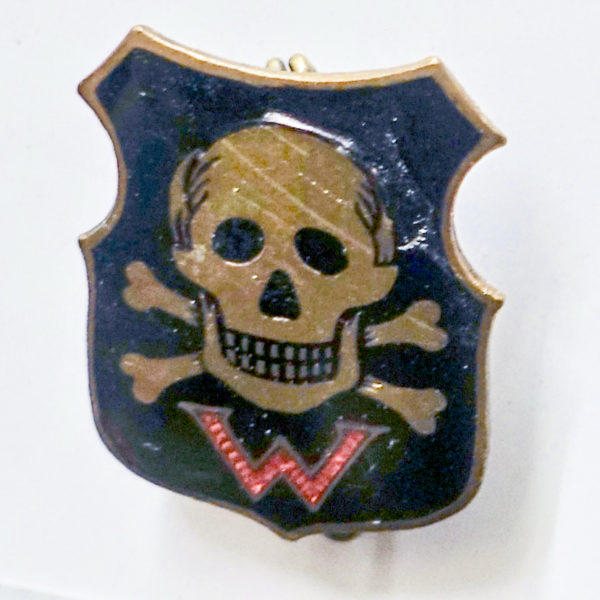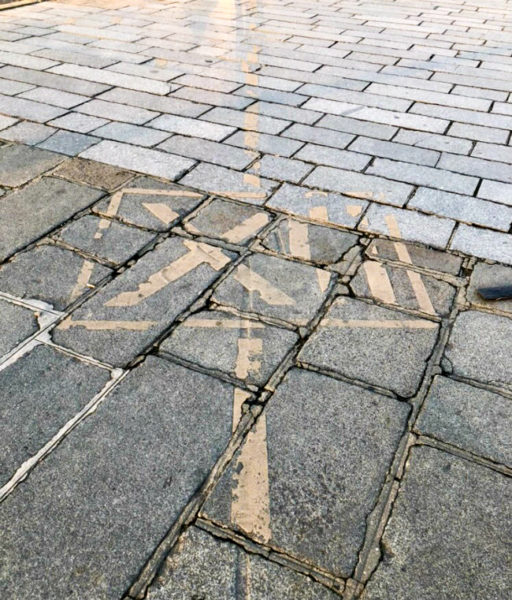Our story today originated as a result of an e-mail from one of our readers, Andrew B. who read our blog Double Agent or Bad Neighbor? (read here). Andrew pointed out that I had “missed a key point, 140 meters away from (where) Déricourt, lived Yvonne Grover-Williams.” Andrew went on to briefly describe Yvonne’s role during the German occupation of Paris.
Andrew was right about me missing this one on Yvonne and her story. To be honest, I had never run across this woman or her husband, William Charles Frederick Grover-Williams, head of the Special Operations Executive (SOE) CHESTNUT circuit in Paris. During the occupation, Yvonne lived at 21, rue Weber which was around the corner from Henri Déricourt’s apartment about five hundred feet away at 58, rue Pergolèse (and next door to the renown Nazi spy catcher, Hugo Bleicher) and not too far from Avenue Foch where various Gestapo units set up their offices including the infamous interrogation and torture cells on the fifth and sixth floors at number 84.
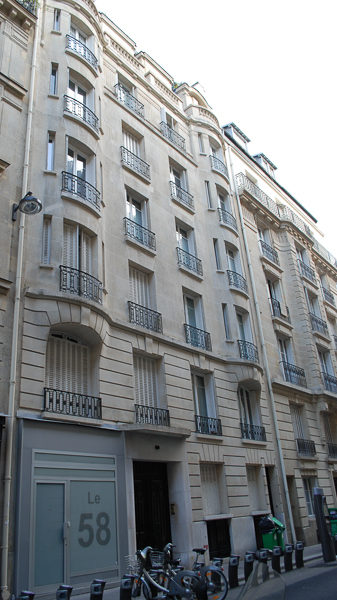
Well, that sent me down, yet another rabbit hole and I discovered a wonderful book by Joe Saward called The Grand Prix Saboteurs. Part of the story includes the years Yvonne spent as Sir William Orpen’s mistress, modeling for his paintings in some very suggestive nude poses. Then, with Orpen’s approval, she married the couple’s chauffeur.
Did You Know?
Did you know that a gruesome discovery was made several years ago in Berlin at the Charité University Hospital? In several of my past blogs, I’ve talked about the Nazi executions (i.e., beheadings) of women prisoners − principally political resisters − at Plötzensee Prison (read The Nazi Guillotine blog here). After their executions, the bodies were sent over to the Berlin Institute of Anatomy at Charité where Dr. Hermann Stieve (1886-1952) was an internationally acclaimed anatomist. His research specialized in the effects of stress on the menstrual cycle. Before the Nazis came to power in 1933, women were not executed in Germany. However, that changed quickly under the Nazi party. Approximately 182 women were tried before a Nazi court (read Hitler’s Blood Judge blog here), found guilty, and executed. Stieve performed dissections on their reproductive organs to support his research. After he was finished, the remains were discretely cremated and disposed of in locations that were never disclosed to the families. Some of these victims included the women of the Red Orchestra resistance organization (read Die Rote Kapelle blog here) while others were convicted of innocuous crimes including distributing leaflets.
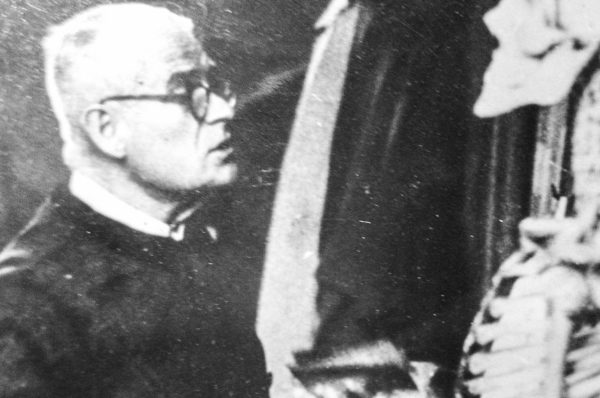
In 2016, more than three hundred microscope slides once belonging to Stieve were discovered at Charité. These were samples taken from the bodies he dissected during the war. They were stored in small black boxes with the names of the victims. On 13 May 2019, a small coffin containing the slides was buried at Berlin’s Dorotheenstadt Cemetery in a grave near one of the memorials to the victims of the Nazis. It is hoped that this will give some closure to the victims’ families as well as an effort to ensure the Nazis’ crimes will not be forgotten. Despite joining right-wing organizations during the interwar period (the time between World Wars I and II) and becoming a strong supporter of Hitler, Dr. Stieve never joined the Nazi party. As a result, he was never tried for war crimes.
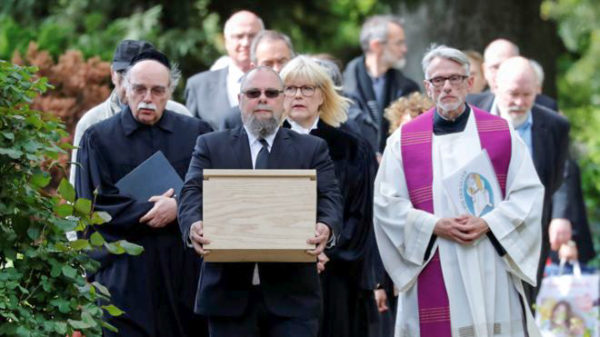
Let’s Meet Yvonne Aupicq
Yvonne Aupicq (1896-1973) was born in Lille, France to Joseph Aupicq, a schoolteacher and Laetitia who worked as a housekeeper. Many accounts of Yvonne’s life mention her father was mayor of Lille and her last name was spelled Aubicq. However, her birth certificate and other historical records do not substantiate either of those assertions.
Yvonne was a strikingly beautiful woman with deep blue eyes and golden curly hair. She worked at a hospital during World War I which is where she met the famous Irish portrait artist, Major William Orpen (1878-1931), who was assigned to the war’s Western Front as an official Allied war artist. Learn more about Major William Orpen here. Read More “Racer, Spy and the Erotic Model”

